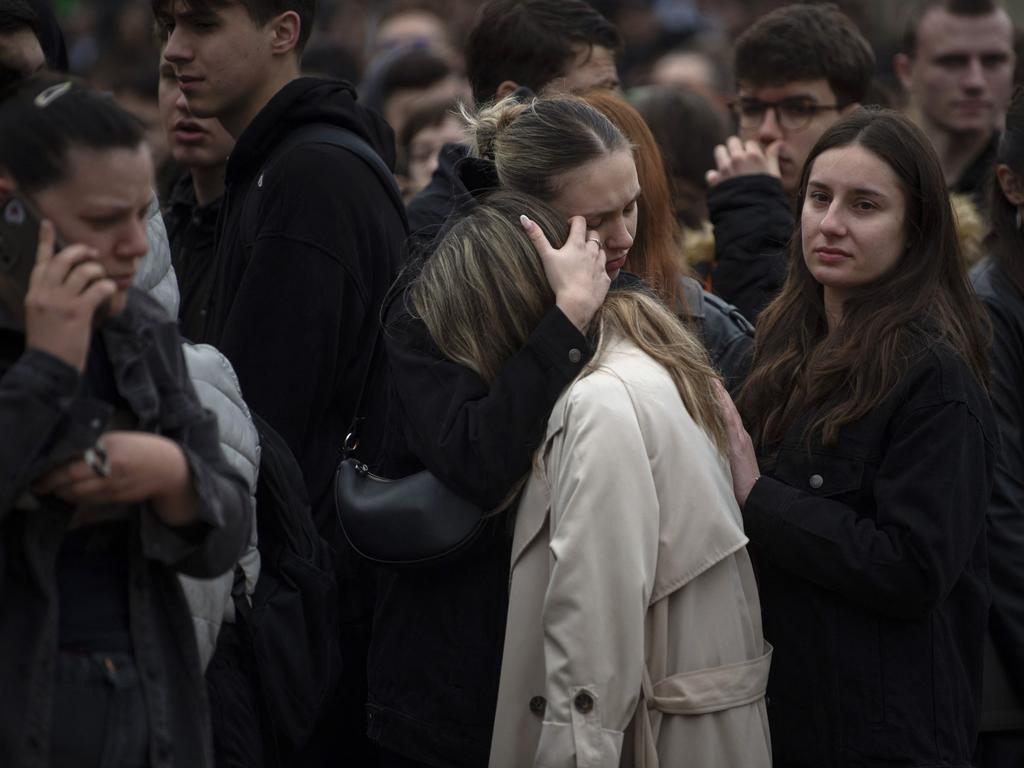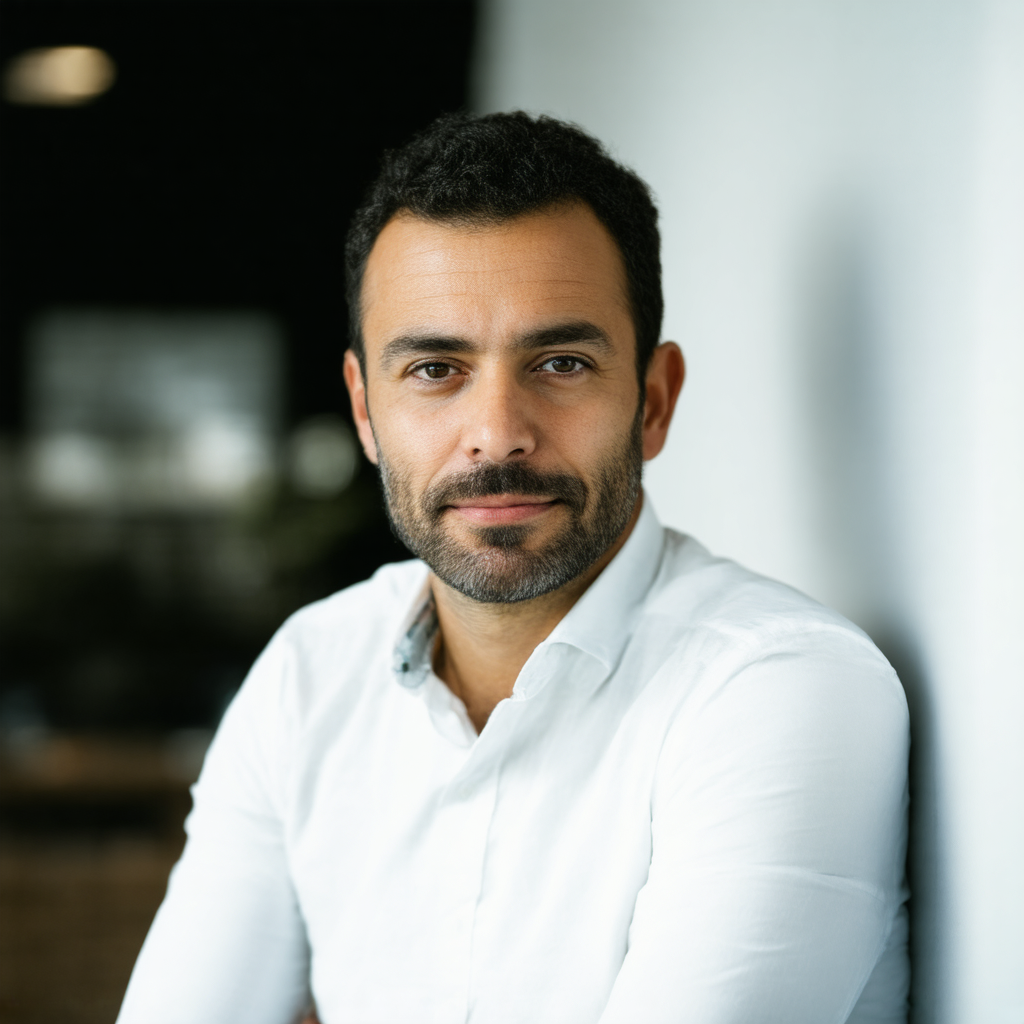
Tragedy in North Macedonia: Youths Lives Slain by Corruption
In the quiet streets of Skopje, the capital of North Macedonia, a creeping shadow has cast doubt over the future of its youngest generation. The promise of progress and opportunity, once a beacon of hope for the country’s youth, is being snuffed out by a silent killer: corruption.
The story begins in a small town outside Skopje, where a group of young people gathered to discuss their shared dream of pursuing higher education. They were not outliers; they represented the aspirations of countless others across North Macedonia. But their hopes were dashed when a local official embezzled funds meant for scholarships, leaving them penniless and adrift. This was no isolated incident—it was a symptom of a deeper rot that has festered in the country’s institutions.
Corruption in North Macedonia is not just an abstract concept; it is a daily reality for many. It seeps into every corner of life, from healthcare to education, leaving young people feeling trapped and betrayed. “We work hard, we study hard, but it doesn’t matter,” said Ana, a 20-year-old student whose family was forced to pay bribes to secure her place in university. “The system is rigged against us.”
The toll on the youth is profound. Many feel disillusioned by a political class that has failed to uphold its promises. The generation that once looked to the future with optimism now finds itself questioning whether their efforts matter at all. “Why bother?” asked Marijan, a 23-year-old who dropped out of college after his student loans were diverted into private accounts. “The system doesn’t care about us.”
Amid this despair, however, there is hope. Young activists are beginning to organize and demand change. They are using social media to expose corruption, rally support, and push for accountability. Their efforts have already sparked small but significant wins—local officials forced to resign and promises of reforms.
But the road ahead is long. Corruption in North Macedonia is not just a political issue; it’s a cultural one. Decades of systemic abuse have created a society where many accept corruption as the norm. “People are tired, and they’re afraid,” said Dr. Jovan Popovski, a sociologist who has studied youth disillusionment. “But if we don’t fight now, who will?”
For the young people of North Macedonia, the stakes could not be higher. Their lives—and their futures—depend on it. As they continue to demand justice and accountability, they are reminding the world that hope can be a powerful force, even in the darkest of times.
The tragedy in North Macedonia is not just about lost lives; it’s a cautionary tale about what happens when systems fail the people they were meant to protect. The youth are paying the price, but their resilience offers a glimmer of hope for a better future—one where corruption no longer dictates the course of young lives.
About the Author:
Bella Kim is Reporter at our publication. Writer and researcher specializing in Asian arts and migration stories. Bella’s work explores how young Asians are shaping global culture through their experiences.
 Journalist and photographer with a focus on Middle Eastern youth and their cultural contributions. Aisha’s work bridges traditional and modern storytelling in the region.
Journalist and photographer with a focus on Middle Eastern youth and their cultural contributions. Aisha’s work bridges traditional and modern storytelling in the region. Writer and researcher specializing in Asian arts and migration stories. Bella’s work explores how young Asians are shaping global culture through their experiences.
Writer and researcher specializing in Asian arts and migration stories. Bella’s work explores how young Asians are shaping global culture through their experiences. Reporter with a background in investigative journalism, focusing on human rights and social justice. Luis has worked across Latin America and Europe, uncovering stories that resonate globally.
Reporter with a background in investigative journalism, focusing on human rights and social justice. Luis has worked across Latin America and Europe, uncovering stories that resonate globally. Sarah is a seasoned journalist with over 15 years of experience in global news and media. She has led teams in some of the world’s most challenging reporting environments, bringing a vision for storytelling that connects cultures and empowers voices.
Sarah is a seasoned journalist with over 15 years of experience in global news and media. She has led teams in some of the world’s most challenging reporting environments, bringing a vision for storytelling that connects cultures and empowers voices.